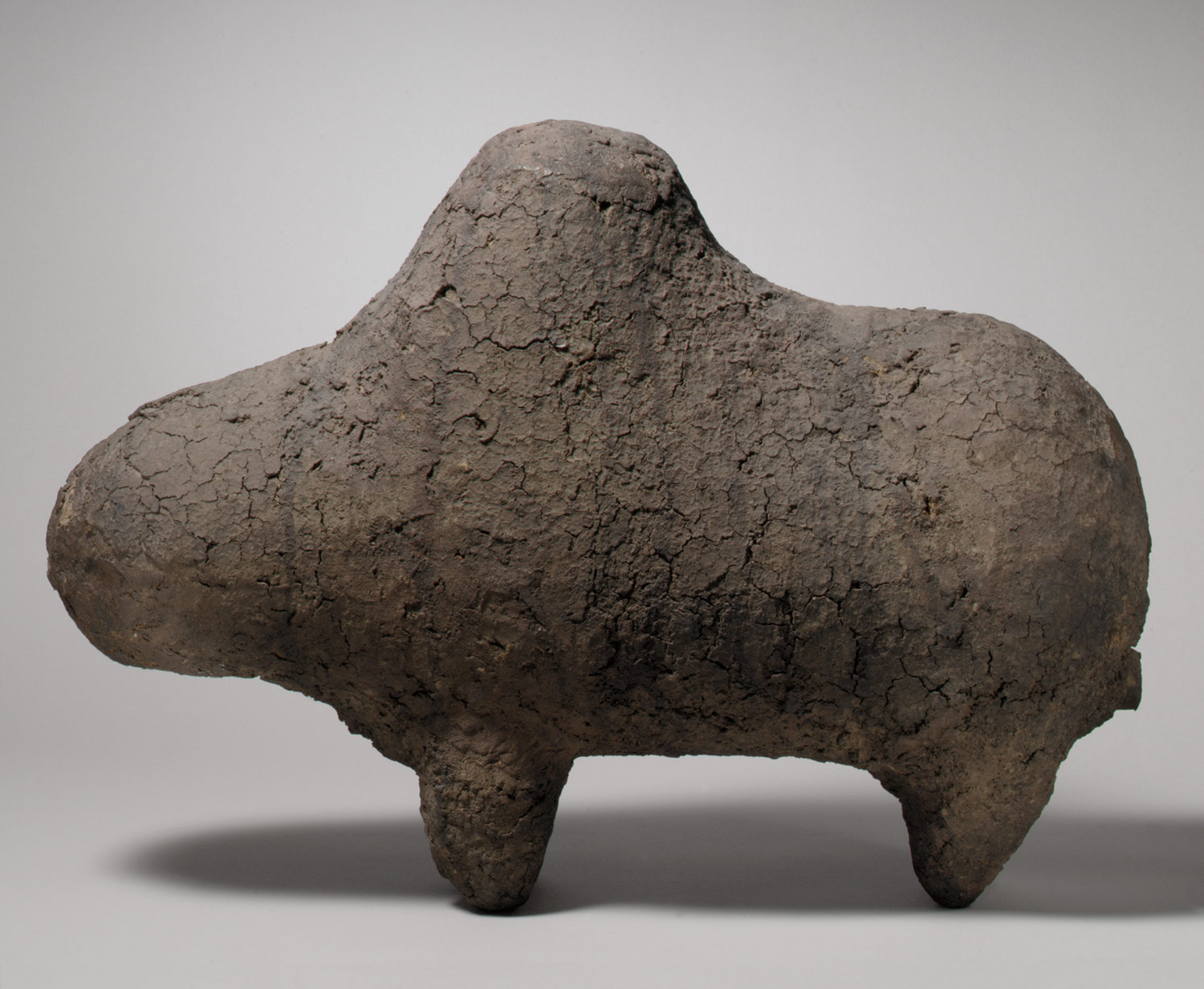Vodou was brought to Haiti from the Bohomean, Yoruba, and Kongo slaves that ended up in Haiti according to Karen Brown. Now it's practiced by 80% of the population of Haiti. Both genders practice and serve both female and male spirits in Vodou. These spirits will take over the person body and ride through them to send their messages. They can be flexible and will take on different forms where ever the spirit may be. Vodou people also celebrate spirits and priesthood by dancing and doing drumming. They also pour libations in respect of these spirits as well.
These different things they do for their spirits in Vodou is also very similar to the African cultures way of respecting their gods. Since most of what Vodou was founded on was based from the Bohemean, Yoruba and Kongo cultures, a lot of their ideas and beliefs were passed down to the Haitian people. One of those similarities or beliefs is the idea of possession of people. As I stated earlier Vodou is based off the possession of the spirits which is similar to the way people get possessed in masquerades in African cultures. They say that the people who dance in the masquerade take on the spirit of the mask and start to act like that spirit during the performance. Also, in African cultures they celebrate their gods by doing ceremonies to honor their gods just like the Vodou do for their spirits. They also have ceremonies in which they celebrate initiation into adulthood or into a type of group. Which I feel Vodou based their ceremonies for priesthood off of. Example of an initiation in African Culture that is possibly similar to the ceremonies of priesthood, is the Shango initiation from the Yoruba culture in which the men take on the form of Shango in their inner head (a sign of possession). Another idea the Vodou took from the African cultures is the idea of using libations to respect the spirits. Libations in African culture are used in the same way. They use those libation to respect their gods, an example of an item that uses libations is the Bamana Boli. This item is useful for religious rites in the Bamana culture and is made up of libations of semen, blood, nails and among other things. (Picture below)
As you can see many of these ideas that Vodou have in their religious belief stem from some type of African influence. Either by way of possession or by the way they honor their gods or spirits. Whatever way they are influence you can definitely see that African influenced in much of Vodou's religious beliefs and ideas.

Good basic overview. More analysis and reflection would be welcome, but I appreciate that you wanted to learn more and sought out a video (even though shockingly, NG spelled Vodou in the old-racist way!). Note it's the kingdom of Dahomey, not Bahomey. :)
ReplyDeleteps-- in Africa, it's sometimes spelled "Vodun".
ReplyDeleteI thought you had a good overview of what we learned in class and a good relation between Vodou and other African practices. Also, the video was another good learning tool to give me even more information on the topic!
ReplyDeleteI think that you did a nice job of explaining the history behind Vodou. I enjoyed the video that you posted and I thought that your connection to the Bamana was good.
ReplyDelete